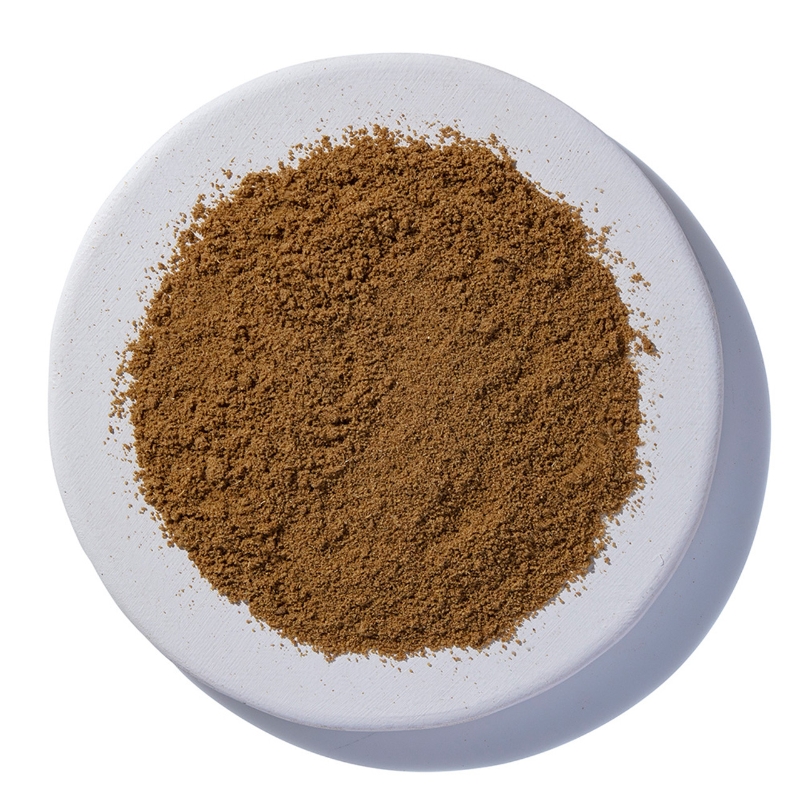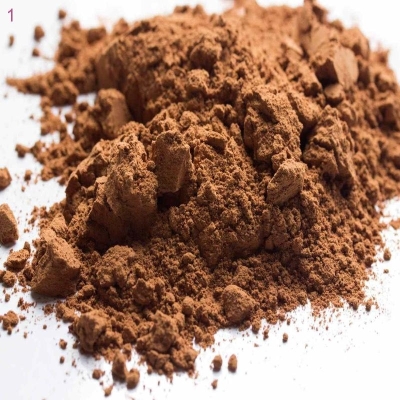-
Categories
-
Pharmaceutical Intermediates
-
Active Pharmaceutical Ingredients
-
Food Additives
- Industrial Coatings
- Agrochemicals
- Dyes and Pigments
- Surfactant
- Flavors and Fragrances
- Chemical Reagents
- Catalyst and Auxiliary
- Natural Products
- Inorganic Chemistry
-
Organic Chemistry
-
Biochemical Engineering
- Analytical Chemistry
- Cosmetic Ingredient
-
Pharmaceutical Intermediates
Promotion
ECHEMI Mall
Wholesale
Weekly Price
Exhibition
News
-
Trade Service
net/tag_1377.
html" class="zdbq" title="EU Food Safety Agency Relevant Food Information" target="_blank">European Food Safety Agency ( foodmate.
net/tag_10.
html" class="zdbq" title="EFSA related food information" target="_blank">EFSA ), the European Union foodmate.
net/tag_1671.
html" class="zdbq" title="Food additives related food information" target="_blank">Food Additives and foodmate.
net/tag_343.
html" class="zdbq" title="Flavoring related food information" target="_blank">Flavorings Group (FAF) reassessed the safety of titanium dioxide (E171) as a food additive.
Based on all available evidence, concerns about the genetic toxicity of the additive cannot be ruled out.
Given the many uncertainties, the evaluation team concluded that when E171 is used as a food additive, it is no longer considered safe.
Some of the original reports are as follows:
Given the many uncertainties, the evaluation team concluded that when E171 is used as a food additive, it is no longer considered safe.
Some of the original reports are as follows:
The present opinion deals with an updated safety assessment of the food additive titanium dioxide (E 171) based on new relevant scientific evidence considered by the Panel to be reliable, including data obtained with TiO2 nanoparticles (NPs) and data from an extended one-generation reproductive toxicity (EOGRT) study.
Less than 50% of constituent particles by number in E 171 have a minimum external dimension <100 nm.
In addition, the Panel noted that constituent particles <30 nm amounted to less than 1% of particles by number.
The Panel therefore considered that studies with TiO2 NPs <30 nm were of limited relevance to the safety assessment of E 171.
The Panel concluded that although gastrointestinal absorption of TiO2 particles is low, they may accumulate in the body.
Studies on general and organ toxicity did not indicate adverse effects with either E 171 up to a dose of 1,000 mg/kg body weight (bw) per day or with TiO2 NPs (> 30 nm) up to the highest dose tested of 100 mg/kg bw per day.
No effects on reproductive and developmental toxicity were observed up to a dose of 1,000 mg E 171/kg bw per day, the highest dose tested in the EOGRT study.
However, observations of potential immunotoxicity and inflammation with E 171 and potential neurotoxicity with TiO2 NPs, together with the potential induction of aberrant crypt foci with E 171, may indicate adverse effects.
With respect to genotoxicity, the Panel concluded that TiO2 particles have the potential to induce DNA strand breaks and chromosomal damage, but not gene mutations.
No clear correlation was observed between the physico‐chemical properties of TiO2 particles and the outcome of either in vitro or in vivo genotoxicity assays.
A concern for genotoxicity of TiO2 particles that may be present in E 171 could therefore not be ruled out.
Several modes of action for the genotoxicity may operate in parallel and the relative contributions of different molecular mechanisms elicited by TiO2 particles are not known.
There was uncertainty as to whether a threshold mode of action could be assumed.
In addition, a cut-off value for TiO2 particle size with respect to genotoxicity could not be identified.
No Appropriately designed study was available to investigate the potential carcinogenic effects of TiO2 NPs.
based on all the evidence available, a concern for genotoxicity could not be ruled out, and given the many uncertainties, the Panel concluded that E 171 can no longer be considered as safe when used as a food additive.
Less than 50% of constituent particles by number in E 171 have a minimum external dimension <100 nm.
In addition, the Panel noted that constituent particles <30 nm amounted to less than 1% of particles by number.
The Panel therefore considered that studies with TiO2 NPs <30 nm were of limited relevance to the safety assessment of E 171.
The Panel concluded that although gastrointestinal absorption of TiO2 particles is low, they may accumulate in the body.
Studies on general and organ toxicity did not indicate adverse effects with either E 171 up to a dose of 1,000 mg/kg body weight (bw) per day or with TiO2 NPs (> 30 nm) up to the highest dose tested of 100 mg/kg bw per day.
No effects on reproductive and developmental toxicity were observed up to a dose of 1,000 mg E 171/kg bw per day, the highest dose tested in the EOGRT study.
However, observations of potential immunotoxicity and inflammation with E 171 and potential neurotoxicity with TiO2 NPs, together with the potential induction of aberrant crypt foci with E 171, may indicate adverse effects.
With respect to genotoxicity, the Panel concluded that TiO2 particles have the potential to induce DNA strand breaks and chromosomal damage, but not gene mutations.
No clear correlation was observed between the physico‐chemical properties of TiO2 particles and the outcome of either in vitro or in vivo genotoxicity assays.
A concern for genotoxicity of TiO2 particles that may be present in E 171 could therefore not be ruled out.
Several modes of action for the genotoxicity may operate in parallel and the relative contributions of different molecular mechanisms elicited by TiO2 particles are not known.
There was uncertainty as to whether a threshold mode of action could be assumed.
In addition, a cut-off value for TiO2 particle size with respect to genotoxicity could not be identified.
No Appropriately designed study was available to investigate the potential carcinogenic effects of TiO2 NPs.
based on all the evidence available, a concern for genotoxicity could not be ruled out, and given the many uncertainties, the Panel concluded that E 171 can no longer be considered as safe when used as a food additive.
This article is edited by Foodmate.
com Food Information Center for the reference of netizens.
If you have any questions, please contact news@foodmate.
net.
com Food Information Center for the reference of netizens.
If you have any questions, please contact news@foodmate.
net.







